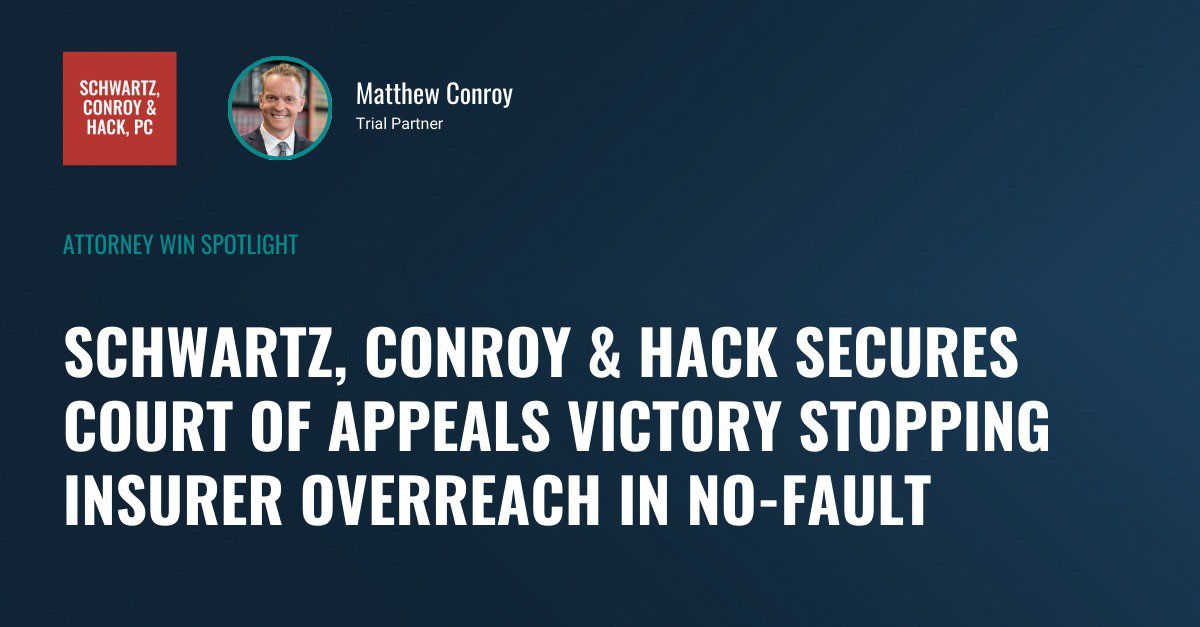An all-risk commercial property insurance policy does not, in fact, cover all risks. Every property insurance policy has exclusions, and one of the most common – and most often disputed – is the water damage exclusion.
What is a water damage exclusion clause?
A water damage exclusion clause bars coverage for certain types of water-related claims. Generally, most policies exclude damage caused by flooding from storms, tsunamis, standing water, groundwater, or sewage backups. In many policies, the exclusions are ambiguously worded. This is something insurance companies do intentionally in an attempt to limit their liability. The water damage exclusion is no exception. When water exclusion provisions are vaguely worded, courts have generally interpreted them to apply to damage caused by naturally occurring water phenomena but not manmade water events.
Natural vs. manmade causes
In many disputes, the water damage at issue resulted from a combination of natural and manmade factors. In South Carolina, a significant rainfall overwhelmed an incomplete underground stormwater drainage system that the state was constructing and caused a nearby hotel to suffer damage from flooding. The insurance company denied the hotel’s claim, citing its water damage exclusion, which was worded as “damage resulting from flood, surface water, waves, tides, tidal waves, overflow of any body of water, or their spray, all whether driven by wind or not.” The court held that the rainwater collected and channeled in the stormwater collection system, which ultimately caused the property damage, did not qualify as “flood water” or “surface water” under the exclusion.”1 Therefore, the insured was entitled to coverage.
Similarly, a Colorado court found the water exclusion did not apply to water damage to a home located near the base of a mountain. The home was flooded by water that originated from the natural runoff of melted snow, but the water was diverted by manmade trenches. “The runoff lost its character as surface water when it was diverted by the trenches and therefore was not within the surface water exclusion” contained in the policy, the court held.2 A home in Arkansas was flooded after a water main break. The court sided with the homeowners, finding that the terms “flood” and “surface water” in the policy’s exclusion did not include water from a burst water main.3
However, some courts have interpreted the exclusion more broadly. In the wake of Hurricane Katrina, the Fifth Circuit made no distinction between natural and manmade causes and sided with insurers in cases against commercial and residential property owners that involved damage from flooding of breached levees. The policies contained a “specific provision expressly excluding damage caused by flood, and none of the exclusions indicates that whether a particular flood is excluded depends on whether its cause is purely natural.” Noting that its finding was consistent with Louisiana law, the court stated, “If the policy wording at issue is clear and unambiguously expresses the parties’ intent, the insurance contract must be enforced as written.”4
The effects of moving water
In a case involving a partial building collapse, the Fifth Circuit sided with the insured in adopting a limitation on the water damage exclusion. The building’s foundation had given way under heavy rains, causing the collapse. The court held that water damage generally refers to “staining, rusting, or other incidents of the chemical presence of water and not to the strictly kinetic effects of moving water.”5 Therefore, the collapse was not subject to the water damage exclusion. Conversely, in a case brought by a homeowner, a court in Pennsylvania held that cracks in the home’s foundation caused by water runoff were, in fact, subject to the water damage exclusion.6
If you are involved in a dispute with your business insurance company, contact us. We have the expertise, experience and tenacity to make insurance companies keep their promises to you and your business.
1 M and M Corp. of South Carolina v. Auto-Owners Ins. Co., 390 S.C. 255, 701 S.E.2d 33 (S.C. 2010)
2 Heller v. Fire Ins. Exch., 800 P.2d 1006, 1009 (Colo. 1990)
3 Ebbing v. State Farm Fire & Casualty Co., 67 Ark. App. 381, 386-87, 1 S.W.3d 459, 462 (1999)
4 In re Katrina Canal Breaches Litig., 495 F.3d 191 (5th Cir. 2007)
5 Peach State Uniform Service, Inc. v. American Insurance Co., 507 F.2d 996, 999 (5th Cir. 1975)
6 McArdle v. Hartford Insurance Co. of the Midwest, No. 99-4273 (E.D. Pa. Mar. 22, 2000)

